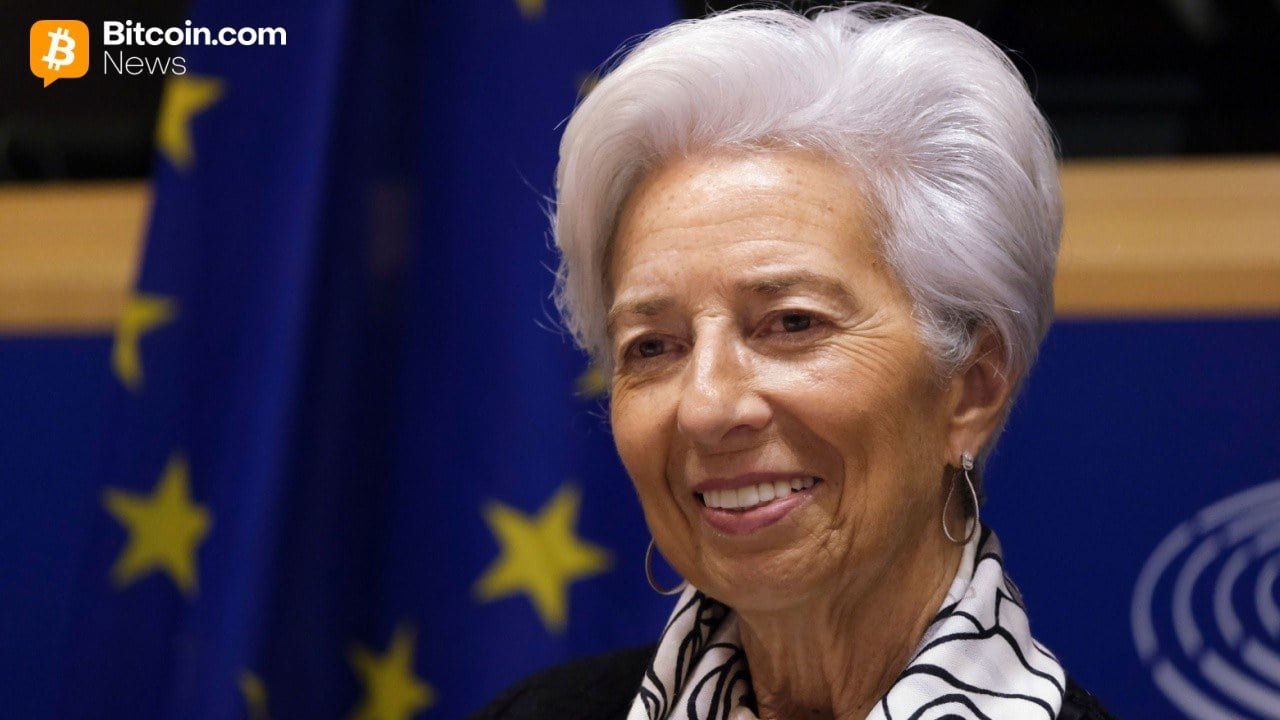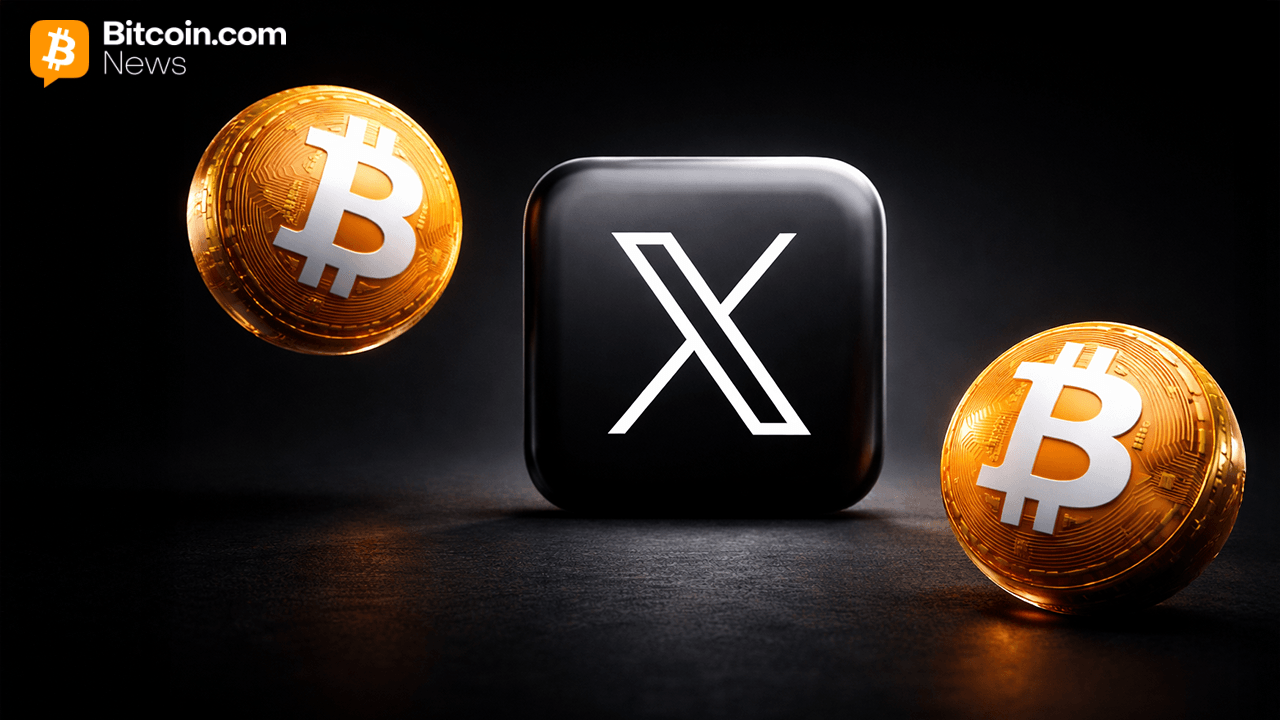Impact of Cryptocurrency on Financial Markets
(Originally posted on : NFTICALLY )
Cryptocurrencies have grown in popularity because of the decentralization ideas they represent and the possibility for significant returns. Still, their volatility remains strong, and these cryptocurrency assets involve a higher risk of loss than many conventional assets. For example, in 2017, Bitcoin values soared from roughly $1,000 to more than $19,000 before falling to around $3,000. 1
The price of Bitcoin then surged again until the end of 2020, hitting new highs of over $60,000 before plummeting below $30,000 in the summer of 2021.
Cryptocurrency Fundamentals
Cryptocurrency is digital or virtual money that may use to make a transaction. The prefix “crypto” refers to the fact that cryptocurrencies employ cryptography to safeguard and verify transactions and produce new currency units (coins). Cryptography makes it simple to encode anything simple to decode with a key but difficult to interpret without one, which means that coins may be complex to manufacture, but transactions can be simple to verify.
Also Read: Top Cryptocurrency Investment Options for 2022
Cryptocurrencies are, at their core, entries in an immutable and pseudo-anonymous database known as a “blockchain” that no one can modify. The blockchain provides a public record that is verified by a large number of nodes, making money fraud very difficult or impossible. It also enables tracing particular transactions between anonymous user accounts or wallets simple.
Global Reach
Cryptocurrencies are a digital, user-friendly alternative to fiat currency. Consumers in the United States or the European Union may see cryptocurrencies as innovative, yet many nations have mishandled indigenous currencies. Venezuela’s dictatorial administration, for example, has become known for its galloping inflation, which has resulted in deteriorating living circumstances for millions of inhabitants who lack access to foreign currency.
Other governments use stringent capital controls to regulate the movement of money and levy significant taxes. Cryptocurrencies, whether legal or not, might still also used to dodge capital controls and taxes, which has increased consumer and business demand. As a result, several nations have begun to clamp down on the illicit use of cryptocurrencies for tax avoidance or illegal purchases or sales in other countries.
Government Reactions
Across central banks and financial institutions, the official reaction to cryptocurrencies has been tepid at best. While some organizations have been supportive, many central banks have remained wary of the market’s severe volatility. Tax evasion and capital restrictions have also sparked public alarm.
- Federal Reserve of the United States
According to US Federal Reserve Chairman Jerome Powell, technical difficulties exist, and governance and risk management will be critical before cryptocurrencies become mainstream.
- The European Central Bank (ECB)
Former European Central Bank Vice President Vitor Constancio compared Bitcoin to the 17th-century Dutch tulip bubble, and many other governors have voiced a similar concern.
- People’s Bank of China (PBOC)
The People’s Bank of China feels that the circumstances are “ripe” for adopting cryptocurrencies. Still, the central bank wants complete control, and officials are clamping down on the country’s cryptocurrency ecosystem.
Bank of Japan does not believe cryptocurrencies have a market.
Former Bank of England Governor Mark Carney described cryptocurrencies as part of a “financial revolution,” making the central bank one of the few official supporters of the technology.
- Reserve Bank of India (RBI)
Cryptocurrencies were founded largely to get beyond the banking system’s control. According to RBI deputy governor T Rabi Sankar, these should be grounds for concern.
The Effect on Global Investments
Cryptocurrencies provide several advantages in frictionless transactions and inflation control, but many investors are adding these currencies to their varied portfolios. The market’s noncorrelated character, in particular, makes cryptocurrencies a possible risk hedge akin to precious commodities such as gold. For this reason, several cryptocurrency exchange-traded funds (ETFs and ETNs) have emerged.
Also Read: Top Ways to Make Money with NFTs in 2022
On the other side, other analysts are concerned that a cryptocurrency fall may negatively influence the whole market, similar to how mortgage-backed securities triggered a worldwide financial catastrophe. It should be noted that the overall market valuation of all cryptocurrencies, which is now between one and two trillion dollars, is still less than that of several huge public businesses, such as Meta (previously Facebook) or Amazon. However, cryptocurrencies as an asset class are a fresh and dynamic proposition that might go either way. Finally, many investors see cryptocurrencies as a vehicle for speculation or a hedge against inflation, but the market’s size does not pose systemic risk as of 2021.
Disclaimer
Trading cryptocurrencies has a high-risk level and is not suited for all investors. You should carefully analyse your investing goals, level of expertise, and risk appetite before opting to trade cryptocurrencies, tokens, or any other digital asset. NFTically does not advocate that you purchase, sell, or hold any cryptocurrency. Before making any investment choices, do your due investigation and talk with your financial adviser.
Conclusion
After growing in value by 825% in the previous 11 months, cryptocurrency, or Crypto, has overtaken the globe and has become a big talking topic internationally.
Bitcoin (BTC), the most popular cryptocurrency, has more than quadrupled in value since the start of 2021, reaching $20,000 in December 2020 from $7,000 in April 2020. Bitcoin is now valued at approximately $45,000 after reaching $63,000. Many financial experts predict that it will be worth $100,000 by 2022.
NFTICALLY is the world’s first B2B SaaS platform that enables businesses and individuals to launch their own White Label NFT markets. It supports some of the industry’s most powerful investors and executives. We like to think of ourselves as the “Shopify of the Metaverse.” With over 3000 businesses, 15k delighted consumers and sellers, and over $1 million in NFT transactions, our community is growing faster. Before embarking on their NFT adventure, our staff has always been committed to giving eager users the necessary information.








 Bitcoin
Bitcoin  Ethereum
Ethereum  Tether
Tether  XRP
XRP  USDC
USDC  Solana
Solana  TRON
TRON  Dogecoin
Dogecoin  Lido Staked Ether
Lido Staked Ether  Figure Heloc
Figure Heloc  WhiteBIT Coin
WhiteBIT Coin  Bitcoin Cash
Bitcoin Cash  Cardano
Cardano  USDS
USDS  LEO Token
LEO Token  Wrapped stETH
Wrapped stETH  Hyperliquid
Hyperliquid  Chainlink
Chainlink  Wrapped Bitcoin
Wrapped Bitcoin  Monero
Monero  Binance Bridged USDT (BNB Smart Chain)
Binance Bridged USDT (BNB Smart Chain)  Ethena USDe
Ethena USDe  Canton
Canton  Stellar
Stellar  USD1
USD1  Wrapped eETH
Wrapped eETH  Zcash
Zcash  sUSDS
sUSDS  Hedera
Hedera  Litecoin
Litecoin  Avalanche
Avalanche  Dai
Dai  Coinbase Wrapped BTC
Coinbase Wrapped BTC  Shiba Inu
Shiba Inu  Sui
Sui  PayPal USD
PayPal USD  WETH
WETH  Toncoin
Toncoin  Rain
Rain  Cronos
Cronos  USDT0
USDT0  World Liberty Financial
World Liberty Financial  Tether Gold
Tether Gold  Polkadot
Polkadot  PAX Gold
PAX Gold  Uniswap
Uniswap  MemeCore
MemeCore  Mantle
Mantle  Ethena Staked USDe
Ethena Staked USDe  Pepe
Pepe  Aave
Aave  BlackRock USD Institutional Digital Liquidity Fund
BlackRock USD Institutional Digital Liquidity Fund  Pi Network
Pi Network  Bittensor
Bittensor  Aster
Aster  Falcon USD
Falcon USD  OKB
OKB  Bitget Token
Bitget Token  Circle USYC
Circle USYC  Global Dollar
Global Dollar  syrupUSDC
syrupUSDC  HTX DAO
HTX DAO  Sky
Sky  Ripple USD
Ripple USD  Ethereum Classic
Ethereum Classic  Ondo
Ondo  NEAR Protocol
NEAR Protocol  Internet Computer
Internet Computer  Pump.fun
Pump.fun  BFUSD
BFUSD  Worldcoin
Worldcoin  POL (ex-MATIC)
POL (ex-MATIC)  KuCoin
KuCoin  Gate
Gate  Cosmos Hub
Cosmos Hub  Quant
Quant  Jupiter Perpetuals Liquidity Provider Token
Jupiter Perpetuals Liquidity Provider Token  Ethena
Ethena  Superstate Short Duration U.S. Government Securities Fund (USTB)
Superstate Short Duration U.S. Government Securities Fund (USTB)  Midnight
Midnight  Jito Staked SOL
Jito Staked SOL  Algorand
Algorand  NEXO
NEXO  USDtb
USDtb  Binance-Peg WETH
Binance-Peg WETH  Official Trump
Official Trump  Rocket Pool ETH
Rocket Pool ETH  Render
Render  Binance Bridged USDC (BNB Smart Chain)
Binance Bridged USDC (BNB Smart Chain)  Aptos
Aptos  Filecoin
Filecoin  Wrapped BNB
Wrapped BNB  VeChain
VeChain